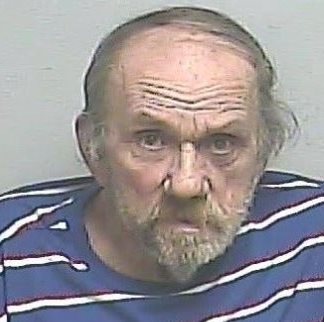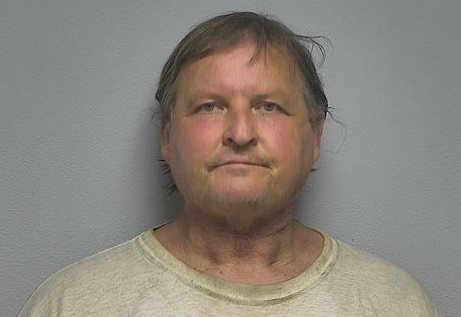According to state documents, Dr. Allen L. Tinsley, M.D., and the Kentucky Board of Medical Licensure (KBML) entered into an agreement on February 4 to avoid a hearing. That agreement keeps Tinsley from having his medical license revoked, but suspends it for between 3 months and 5 years, so he can attend specified programs. After those are completed, he can apply to regain his license, but there would be restrictions on how he practices medicine.
This suspension comes after an inquiry by the Board, which revealed a possible inappropriate relationship between Tinsley and a patient in April 2012, which involved trading prescription drugs for sex. It also showed Tinlsey disregarded signs of prescription abuse in patients, increased pain medications for patients who had improved, or prescribed pain medications for conditions that don't require that type of treatment.
One of Tinsley's patients was also involved in a fatal single-car accident just after leaving his office in the fall of 2012, while wearing a Fentanyl patch. This was reported to the board by the Sheriff's Department after the Coroner's toxicology report showed high levels of Fentanyl in her system. She had been using the patches for about 5 months, and the results were inconclusive based on how the sample was taken, but this could have contributed to her death.
Under the current agreement, if Tinsley is allowed to practice medicine again, his license will be revoked if he violates any terms of the agreement. Those include:
Requiring a paid chaperone to be in the room any time Tinsley is with a female patient. Doctor and chaperone must separately document these interactions, and they can be reviewed by the board at any time.
A mandatory log of all controlled substances must be kept, including patient's name, complaint, prescribed medication and dosage.
The board must be given access to review the log at any time, and any expenses will be reimbursed by Dr. Tinsley.
Tinsley would be required to pay all expenses of the KMLB review, in the amount of $2,637.50, and a $1,000 fine for each year up until his license is reinstated.
The programs Tinsley must complete are "Maintaining Proper Boundaries" and "Prescribing Controlled Drugs" at Vanderbilt, and a Documentation Seminar at the Center for Personalized Education for Physicians (CPEP) in Denver, CO. Their website indicates it is an intervention program for healthcare professionals under discipline, teaching self-examination and coping strategies.
At least one patient of Dr. Tinsley at Comprehensive Premier Medicine on Falconcrest Drive in Paducah has been told Tinsley is on a leave of absence.
Here is a timeline of Dr. Tinsley's struggles with state licensure:
Tinsley completed a drug reabilitation program in 2000, and had a contractual relationship with the Kentucky Physicians Health Foundation (KPYF) from that time until 2006.
In 2007, Tinsley's license was suspended for almost 11 months after he re-entered rehabilitation, and it was learned that he had paid a nurse to fill prescriptions he had written for controlled substances, so she could return the drugs to him.
When he resumed treating patients in 2008 he was restricted to one location, and had to keep a controlled substance log, submit records for review, keep his relationship with KPYF, and stay sober.
In 2010 some of those restrictions were lifted, as long as he stayed sober and kept his relationship with KPYF.
In April 2012, the McCracken Co. Sheriff's Department interviewed Tinsley after they received information that he had allegedly given controlled substances to a woman in exchange for sex. The woman's boyfriend supplied information based on text messages between her and Tinsley, but the woman declined to be interviewed.
Tinsley reported this to the Board after talking to detectives.
Based on this, a board-ordered review of prescriptions issued between August 2011 - August 2012 by Tinsley showed signs of trouble. A subsequent study of 19 patients revealed he prescribed or increased medications for patients with no obvious signs of pain, prescribed medications in spite of positive urinalysis or KASPER system alerts, and prescribed narcotics for inflammatory bowel disease, which is not a typical treatment.
In the fall of 2012, a patient who just left Tinsley's care was involved in fatal one-vehicle crash, while wearing a narcotics patch. A Coroner's report indicated a high level of narcotics in her system at the time of the crash, but that data could be slightly off because of where the blood sample was taken.
On February 4, 2013, Dr. Tinsley signed the agreement with the Kentucky Medical Licensure Board, which suspends his license for a minimum of 3 months, or until he undergoes additional training. Any reinstatement of his license will be under heavy restrictions by the board. The document was made part of state record on February 14.




